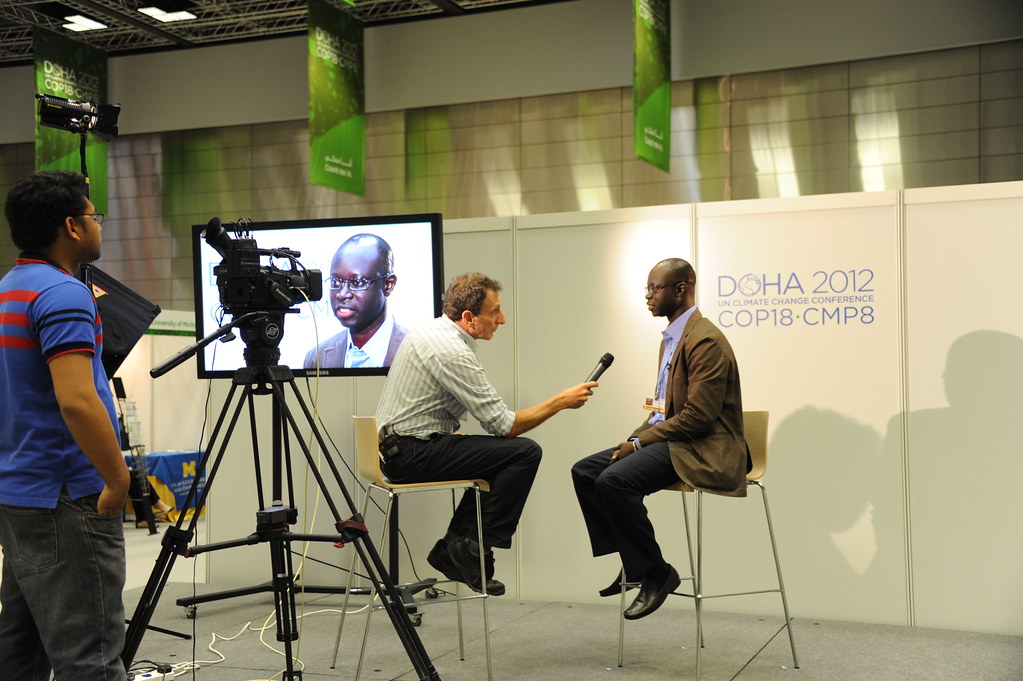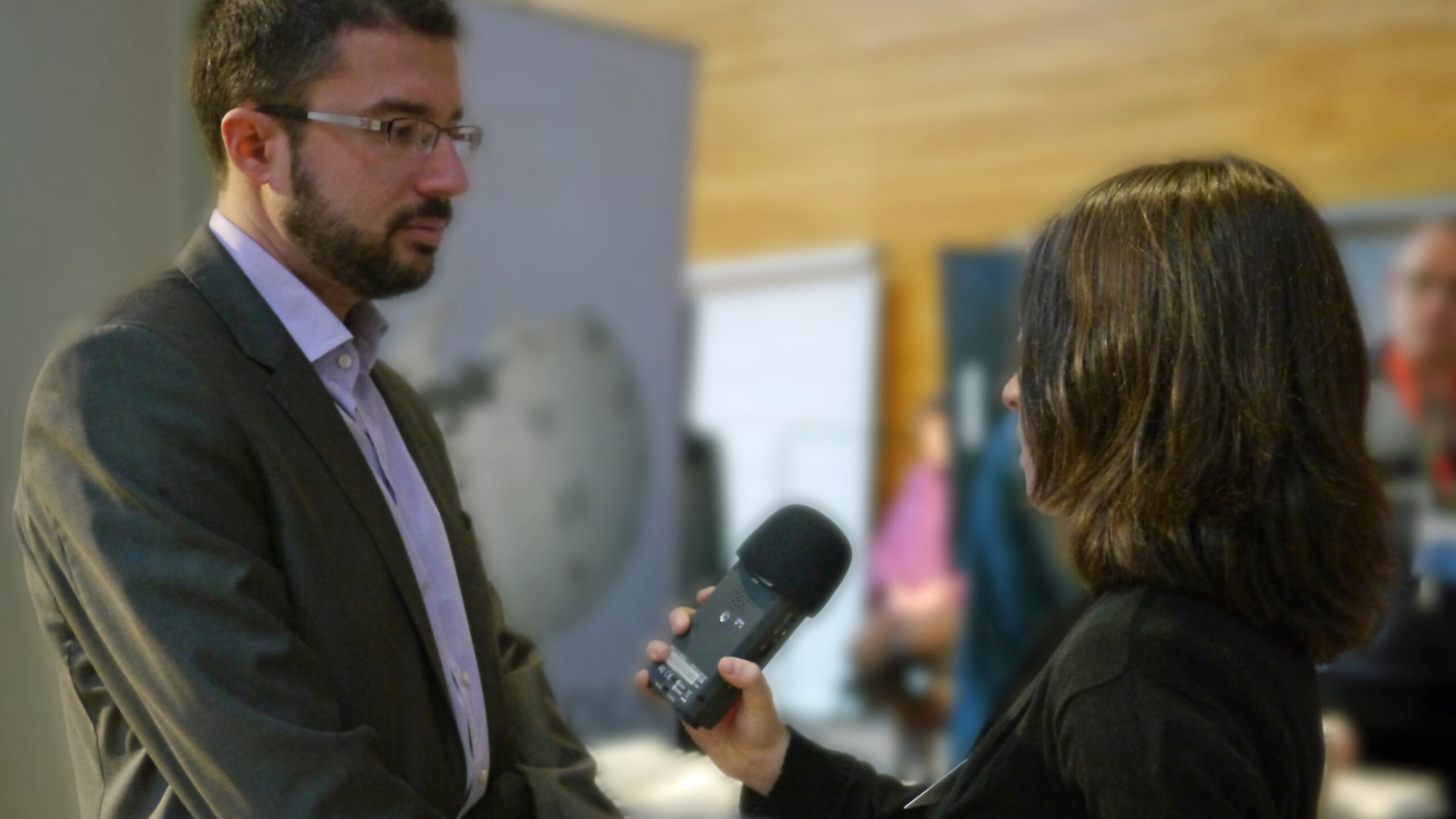There’s no question that interviewing sources is a lot harder than it might seem. It’s certainly harder than it looks on TV. There’s a potentially infinite number of problems that could arise before or during an interview. However there’s some that are very common and we’ve identified seven hurdles to interviewing news sources and given you ways to overcome them. But before that, if you haven’t read our guide to conducting a news interview, then have a look at that first. Let’s get to it:
1. Memory
The Problem: We’ve all had conversations with people about an event we were both at, but we each remembered the order, the dates, the times, what was said and what happened, slightly differently (but we swear that our recollection is the correct one). It’s a well known fact that our memories can be distorted. Often witnesses will recollect things incorrectly. They aren’t deliberately trying to mislead you. That’s genuinely how they remembered it.
The Solution: Make sure you corroborate all the information they give you by speaking to multiple sources and getting hard evidence such as video and audio recordings if possible.
2. Shyness
The Problem: The reality is many people will not feel comfortable speaking to journalists and the media. They might not trust you. After all if you’re just starting out, they have no idea who you are, what work you’ve done in the past and what angle you’re going to take in your reporting. Sometimes they may just have a more shy and reserved personality, meaning you may miss out on more important pieces of information if you’re only hearing from the more vocal sources.
The Solution: Try to be understanding and accommodating of the different personalities of the sources you’re speaking to. You have to be empathetic and show you genuinely care about getting and reporting only the truth.
3. Laziness
The Problem: Believe it or not, some people simply can’t be bothered taking the time to speak to the media. You could bend over backwards and go to great lengths to contact a source, agree to speak to them and they either don’t show up, or they haven’t really thought about what to say. They’ll hesitate in their answers, not necessarily to avoid the question but because they simply don’t know what to say. Basically they weren’t ready for the interview and it happens more times than you think.
The Solution: Unless you want to deliberately give your interviewee the minimum amount of time to prepare for an interview (if you’re asking tough questions there’s a definitely a place for this) then it helps to give some reminders and perhaps speak to them a couple of times beforehand to make sure they’re happy to speak to you. Give them a heads up in advance about what you’ll be asking so they can prepare answers and during the interview, be politely persistent if they’re not giving you much.

4. Stubbornness
The Problem: If you’re asking difficult questions that people don’t want asked, don’t be surprised if they don’t want to answer. We’ve all seen those tough interviews (think Paxman, Piers Morgan or Victoria Derbyshire) usually although not always with a politician. They continuously don’t answer the question and try to deflect as much as possible. It may even end up as a viral clip that makes viewers cringe (not necessarily what you want!).
The Solution: Again, be politely persistent. If they continue to resist answering the question, then it reflects poorly on them.
5. Special Knowledge
The Problem: Some topics require very specific knowledge to understand if there are problems or not. It may not just be a case of using common sense to understand if something is wrong. This can be a particular problem when interviewing ordinary people.
The Solution: The answer is obvious; find out more about that specific topic, so you can a) understand what the interviewee is saying and b) so they they don’t try to pull the wool over your eyes by telling you something you don’t understand and claiming it’s correct.
6. Access
The Problem: Getting access to the right people to interview can be tough, especially if they know you’ll ask them difficult questions. At the end of the day, they don’t have to agree to an interview, and even if you approach them in the street (think reporters shouting questions at a politician as they get out of their car) they don’t have to answer your questions. Even if they would be happy to speak to you, they’re likely busy and important people who may have layers of people in front of them you’ll have to get through first before you can speak to them.
The Solution: Persistence is a common theme of this article, because it’s a key trait of good journalists. Be prepared to speak to different people in an organisation or network before you get to the person you want to interview.
7. Time
The Problem: Not having enough time in the day affects everyone, but this seems to affect journalists even more so. There never seems to be enough time to research for a story, contact and develop good relationships with sources and especially to interview them. Often they will be busy people as well and you might not have enough time during the interview to get everything asked and answered.
The Solution: Being fully prepared for interviews beforehand definitely helps. Make sure you as the interviewer maintain some control (whilst allowing the interviewee to answer as they see fit, pressing them where necessary) so that you get answers of substance and don’t waste any time.

